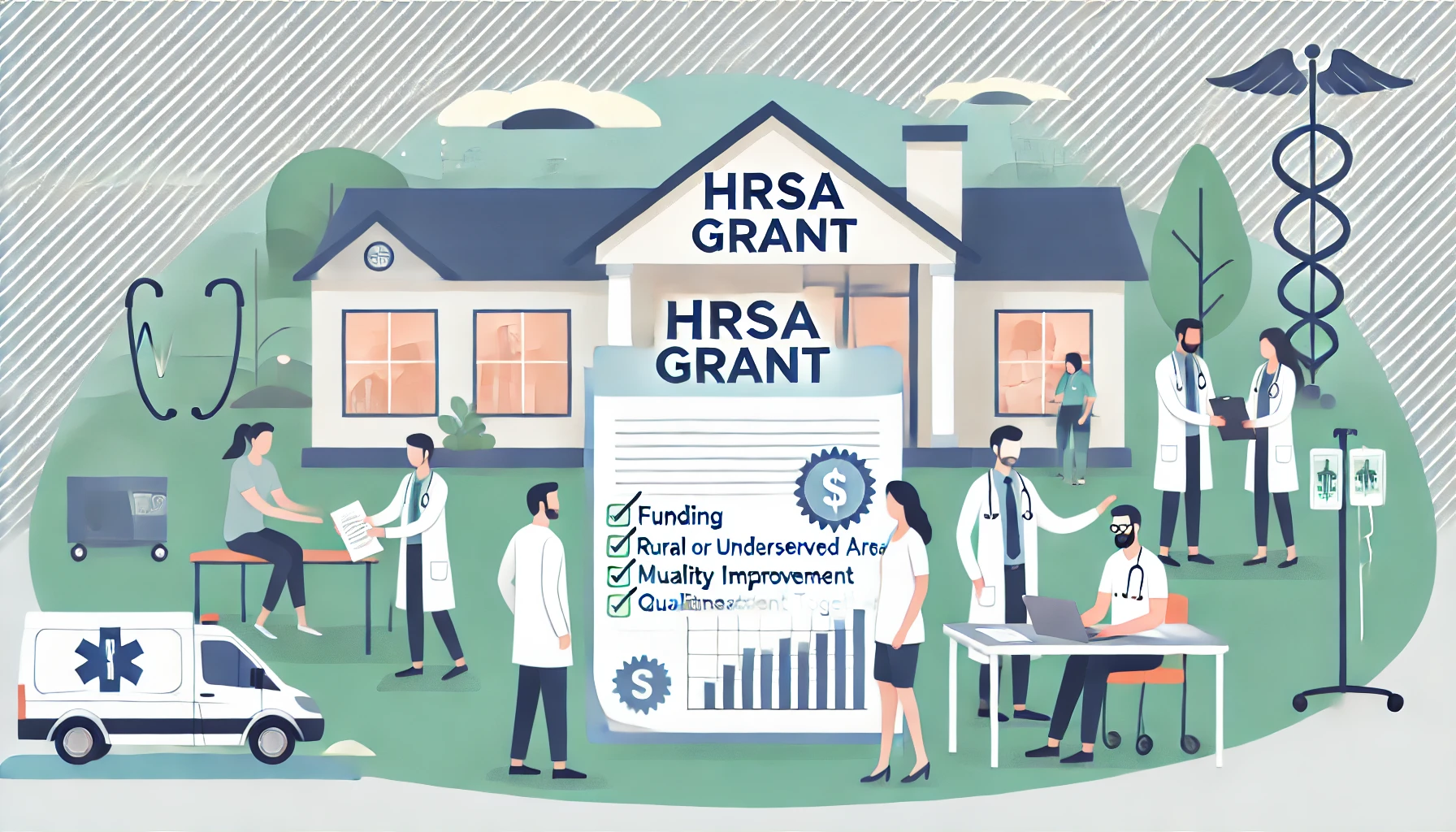
Table of Contents

Persistent cough masked liver cancer, highlighting diagnostic challenges. Comprehensive screening and external peer review crucial for preventing misdiagnosis and ensuring patient safety.
Persistent cough masked liver cancer, highlighting diagnostic challenges. Comprehensive screening and external peer review crucial for preventing misdiagnosis and ensuring patient safety.
When a Persistent Cough Masks Liver Cancer: Medical Malpractice Lessons
In the complex world of medical diagnosis, seemingly routine symptoms can sometimes conceal life-threatening conditions. A recent case study highlighted by Pulmonology Advisor reveals critical insights into the potential dangers of misdiagnosis and the importance of comprehensive medical evaluation.
The Case: A Cough That Concealed a Serious Diagnosis
At first glance, a persistent cough might appear to be a minor health concern. However, this case demonstrates how such a seemingly benign symptom can mask a far more serious underlying condition. The patient in question experienced a chronic cough that was repeatedly treated as a respiratory issue, while a critical liver cancer diagnosis went undetected.
Key Diagnostic Challenges
Medical professionals face numerous challenges when confronting complex diagnostic scenarios. In this instance, the case raises important questions about:
- Symptom Interpretation: How do clinicians differentiate between common and rare presentations of illness?
- Comprehensive Screening: When should additional diagnostic tests be conducted?
- Patient Tracking: How can medical teams ensure thorough follow-up?
The Role of External Peer Review in Preventing Misdiagnosis
At Medplace, we understand that preventing such diagnostic oversights requires a multifaceted approach. External peer review can be a critical tool in identifying potential diagnostic gaps. Our platform connects healthcare providers with a network of 132 specialized professionals who can offer independent, objective medical assessments.
Benefits of Independent Medical Review
- Multiple expert perspectives
- Comprehensive case evaluation
- Identification of potential diagnostic blind spots
- Enhanced patient safety protocols
Learning from Medical Malpractice Cases
While medical malpractice cases can be traumatic for all involved, they also provide valuable learning opportunities. This particular case underscores several critical lessons:
- Persistent Symptoms Require Thorough Investigation: A recurring cough should prompt deeper diagnostic exploration.
- Interdisciplinary Collaboration: Communication between different medical specialties can help prevent missed diagnoses.
- Patient Advocacy: Patients should feel empowered to seek second opinions and ask detailed questions about their symptoms.
Diagnostic Red Flags
Medical professionals should be alert to potential warning signs that might indicate a more complex underlying condition, such as:
- Unexplained weight loss
- Persistent symptoms that do not respond to standard treatments
- Unusual fatigue or systemic changes
Medplace: Supporting Diagnostic Excellence
Our platform is designed to bridge potential diagnostic gaps by providing rapid, reliable access to expert medical opinions. By facilitating quick, comprehensive reviews, we help healthcare providers:
- Reduce diagnostic uncertainty
- Enhance patient care quality
- Implement robust safety protocols
Quotes from Medical Experts
"Diagnostic accuracy requires a combination of clinical expertise, comprehensive screening, and willingness to explore beyond initial assumptions." - Anonymous Medical Professional
Conclusion: A Call for Vigilance and Comprehensive Care
This case serves as a powerful reminder that medical diagnosis is both an art and a science. While no diagnostic process is infallible, continuous learning, open communication, and leveraging external expertise can significantly improve patient outcomes.
At Medplace, we remain committed to supporting healthcare providers in their mission to deliver the highest standard of patient care through innovative, collaborative medical review solutions.

Why Every Hospital Needs a Quality and Patient Safety Program
Every hospital needs a quality and patient safety program to reduce harm, improve care, and foster a culture of accountability.
.png)
.png)

HRSA FQHC Requirements: A Comprehensive Guide for Healthcare Providers
When it comes to federally qualified health center requirements, there’s no shortage of regulations, expectations, and—depending on your perspective—opportunities.
.png)
.png)

Unlocking Funding: A Guide to Health Resources and Services Administration (HRSA) Grants
Use HRSA grants to fund external peer review programs that enhance care quality, reduce bias, and support compliance in health centers.
.png)
.png)



.png)
.png)
.png)






.png)